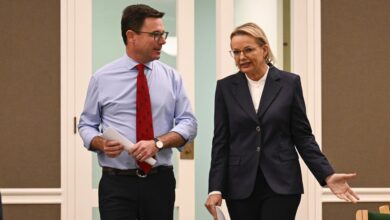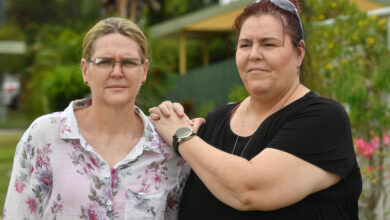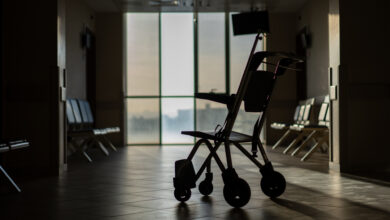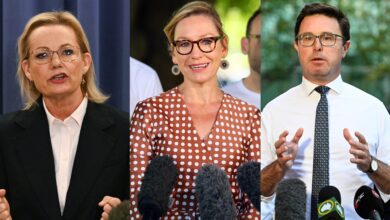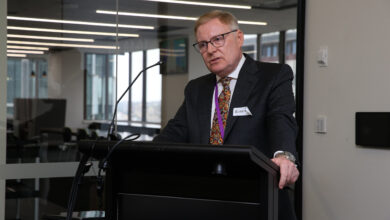Health and disability scheme get budget support

The government has chosen to take the "responsible" course to delay the return to surplus in order to “support jobs and growth in an uncertain world”. By Amie Larter
Treasurer Wayne Swan made these announcements when delivering the federal government’s election budget – one that will leave Australia in a $19.4 billion dollar deficit over this financial year and expects only a slight improvement to $18 billion in the 2013-2014 financial year.
Health, along with education and infrastructure, was a big focus for spending in the budget announcement. The DisabilityCare Australia Program, formerly known as the National Disability Insurance Scheme, was one of the major beneficiaries.
The government plans to spend a total of $19.3 billion over seven years to roll it out by 2018/19. In part, the program will be funded by a rise in the Medicare levy starting at half a per cent, rising in 2014 to a total of two per cent of taxable income. The profit from the levy is expected to be close to $20.4 billion between 2015-2019.
Savings will be placed in a fund, and only available only to the DisabilityCare Australia scheme. At an NDIS conference following the announcement, prime minister Julia Gillard said, “We are prepared to make a big decision so that Australians with disabilities don’t get left behind.
“We are standing for this choice: disability care and an increase of half a per cent in the Medicare levy.”
Mental health was another winner, with a $23.8 million funding boost. The funds will ensure that an equivalent of 375 mental health nurses will continue to provide much needed services through the Mental Health Nurse Incentive program.
Lee Thomas, ANF federal secretary, welcomed the government’s ongoing commitment to mental health, especially given the “tight fiscal environment”.
“The investment over the next 12 months will maintain the coordinated clinical care and support services for 60,000 people in the community through this very successful program,” Thomas said.
Breast care nurses working with the McGrath Foundation will also see $19.5 million for the funding of 13 new positions, who are likely to be placed in regional cancer centres.
This is in addition to the $55 million to expand breast cancer screening to include women aged 70-74.
The move has pleased many in the sector, with CPSA senior policy advisor Amelia Christie describing this as a “simple reform, but one that will have huge benefits for older women”.
The only downside, she suggests, is that this isn’t scheduled to start until 2016. “The reform should be moved forward to 2013 to help save women’s lives sooner rather than later.”
Funding was also announced for prostate, lung and bowel cancers and bone marrow transplants.
Ian Yates, CEO of COTA Australia said older Australians will welcome the additional commitments to cancer research and treatment.
“We are pleased that other cancers that affect mostly older people have been given a priority in the budget with funding for a new Australian prostate cancer research centre and additional funding for the bowel screening program which saves many thousands of lives.”
Main cuts include a $1.6 billion cut to public hospitals, $80 million dollars taken from Health Workforce Australia over the next four years, as well as the freeze in the Medicare Benefits Schedule until July 2014.
Email: [email protected]

